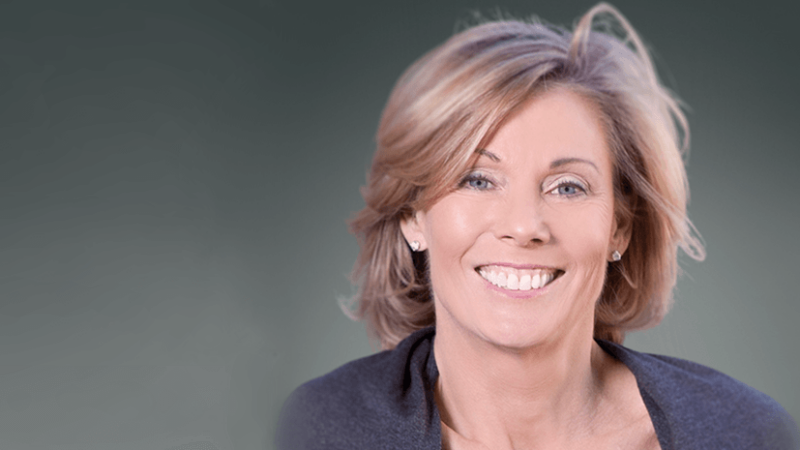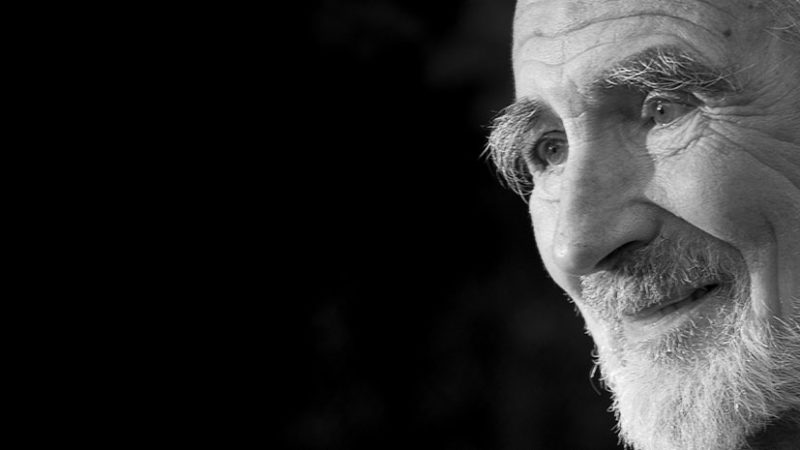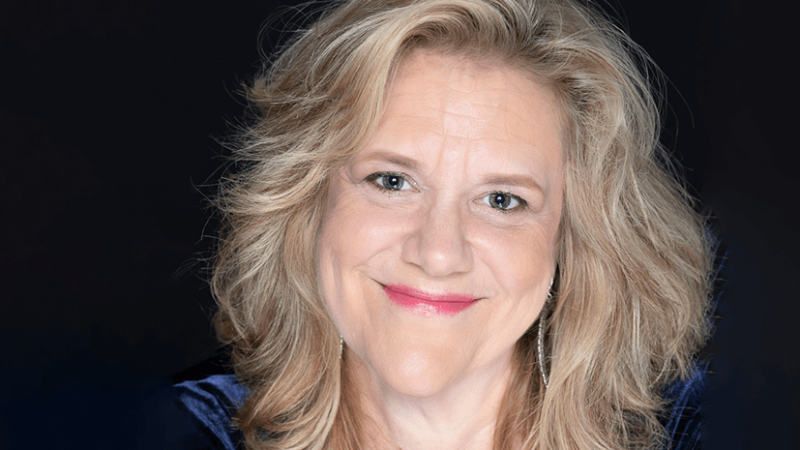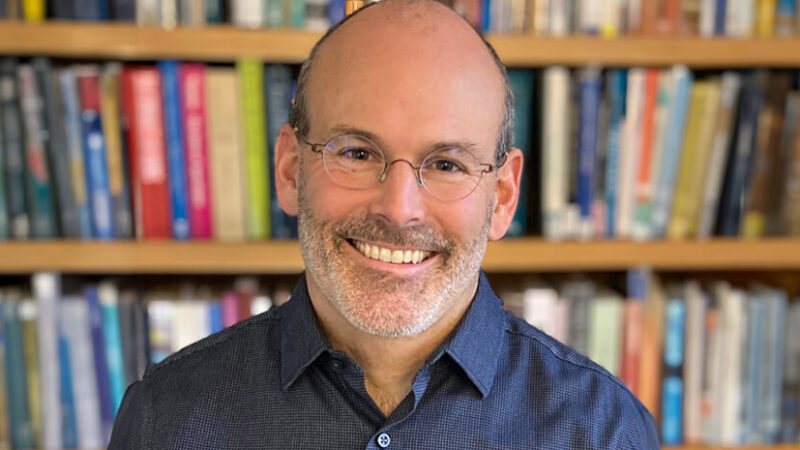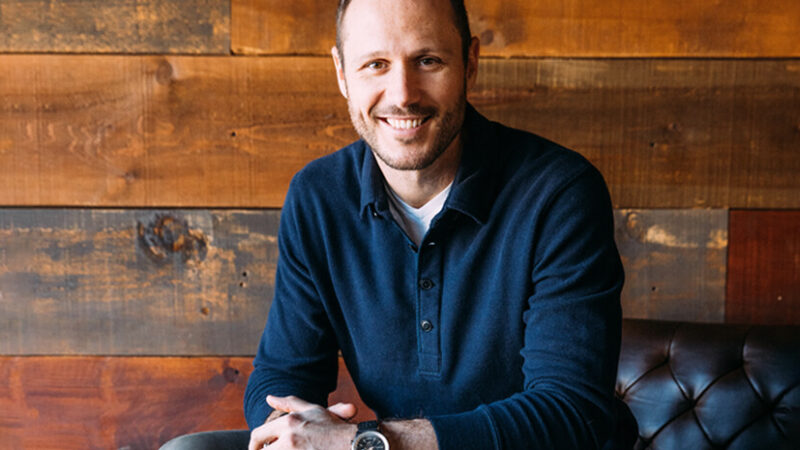All the Time in the World
Lisa Broderick is a senior-level executive who has worked with entrepreneurs and companies to create lives of presence and purpose. She has explored expanded states of consciousness at the Monroe Institute and the American Institute for Mental Imagery. With Sounds True, Lisa has released All the Time in the World: Learn to Control Your Experience of Time to Live a Life Without Limitations. In this episode of Insights at the Edge, Tami Simon speaks with Lisa about humanity’s relationship with time and how we can shift it for the better. They talk about the practice of focusing your perception and how it enriches every aspect of life (including your punctuality!). Lisa leads listeners through two different guided exercises designed to slow down your perception of time, explaining how this is possible through the interaction of brain waves and the quantum world. Finally, Lisa and Tami talk about summoning timelessness under pressure, the latest quantum theory, and the secret key to manifestation.
